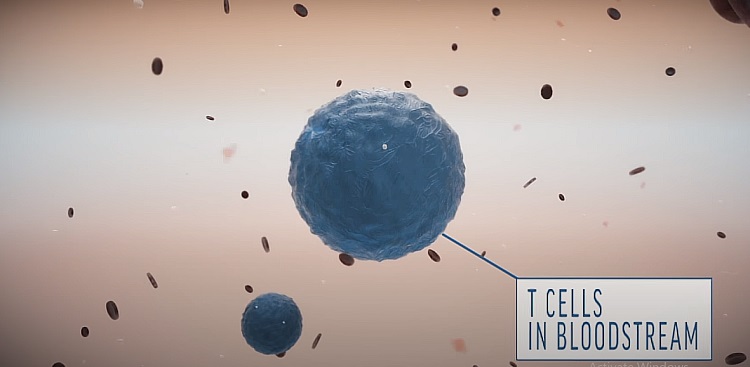The Food and Drug Administration (FDA) is mandating companies producing specialized cancer therapies referred to as CAR-T to include a boxed warning indicating the potential of the treatments to induce cancers.
The FDA emphasized that despite this risk, the therapeutic benefits of the treatment, which entails the extraction of T cells (a type of white blood cells) followed by genetic engineering to generate chimeric antigen receptors (CAR), still outweigh the associated risks.
When reintroduced into the patient’s bloodstream, these engineered cells facilitate the attachment to cancer cells and subsequent eradication.
- California RESIDENTS To RECEIVE $500 MONTHLY PAYMENTS In New Guaranteed Income Program: Here Is Who Is Eligible
- Us Job Market Booms With 272,000 New Jobs, But Unemployment Rises Slightly To 4.0%
- Credit Scores Of 720+ See Improved Loan Rates This Week
- Examining The Facts: Fact Check On IRS $8700 Stimulus Check Eligibility & Payment Dates
- Gas Prices On Downward Trend As Fourth Of July Road Trips Approach: AAA
However, these therapies, primarily employed in the treatment of blood cancers such as multiple myeloma, were already accompanied by warnings regarding potential perilous immune responses and neurological risks.
CAR-T Warning: Investigating 25 Cancer Cases

The recent inclusion of a warning is prompted by approximately 25 reported cases of secondary cancers, suspected by federal health officials and others to be linked to CAR-T treatments, although further investigation is required to conclusively establish a connection.
Since its initial approval by the FDA in 2017, the therapy has been administered to a minimum of 27,000 patients, according to the agency.
Dr. John DiPersio, an oncologist affiliated with Washington University in St. Louis, emphasized that cancer patients undergoing CAR-T treatments often have limited alternative options and are unlikely to deviate from the treatment course even with the introduction of the new warning.
FDA Raises Concerns About Recent Treatments
The FDA expressed apprehensions regarding the negative consequences of the treatments in the latter part of the preceding year.
In letters addressed to the manufacturers on January 19, the FDA underscored that secondary cancers associated with the treatments can result in hospitalizations or fatalities.
The agency emphasized the necessity for labels to explicitly convey that these cancers “may manifest as soon as weeks following infusion, and may include fatal outcomes.”
Despite these concerns, the FDA has opted to permit the therapies to remain available on the market, indicative of the ongoing assessment that their benefits outweigh the associated risks.
The companies are granted a 30-day period to submit proposed modifications to the labels.
